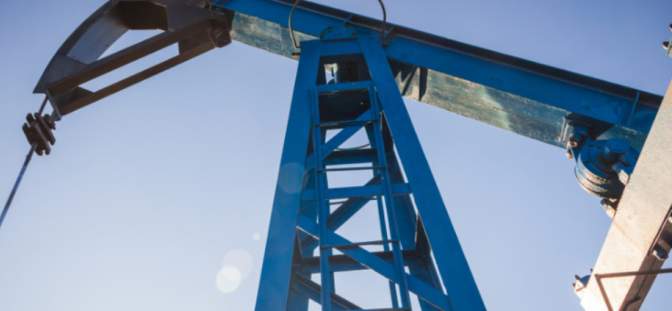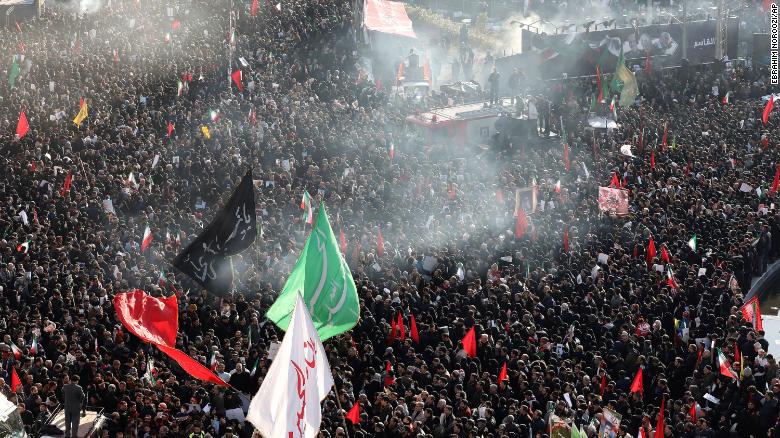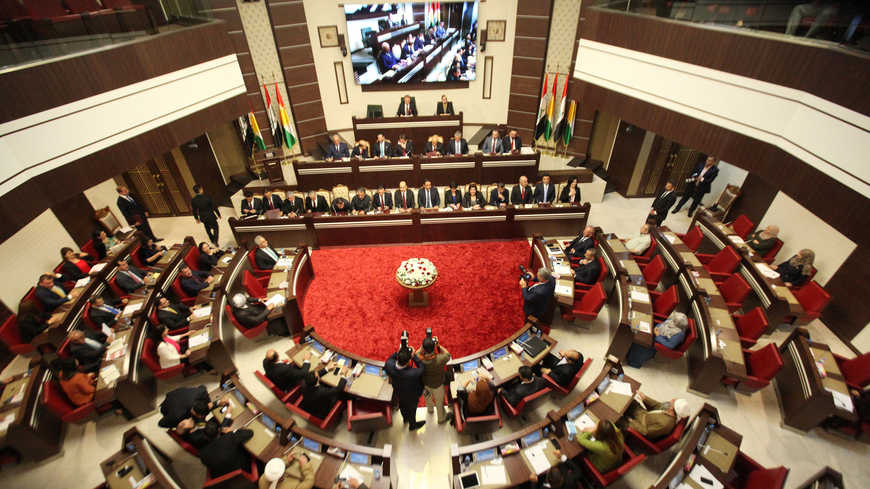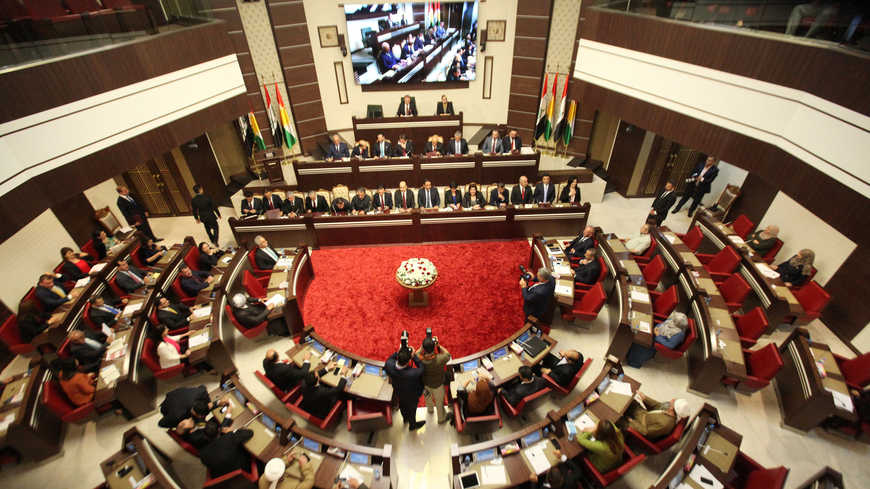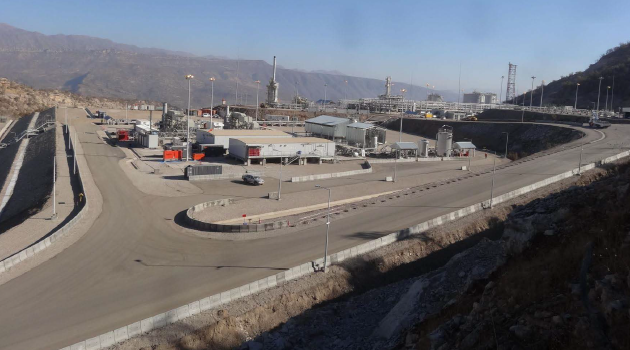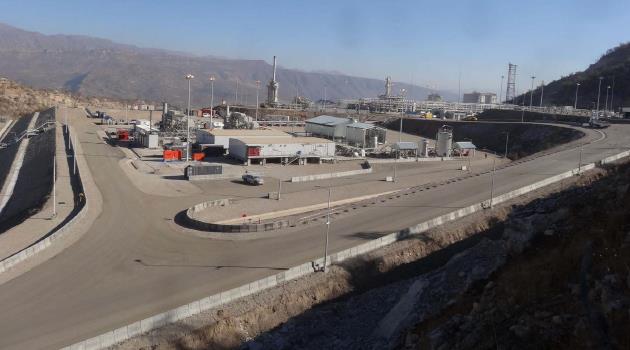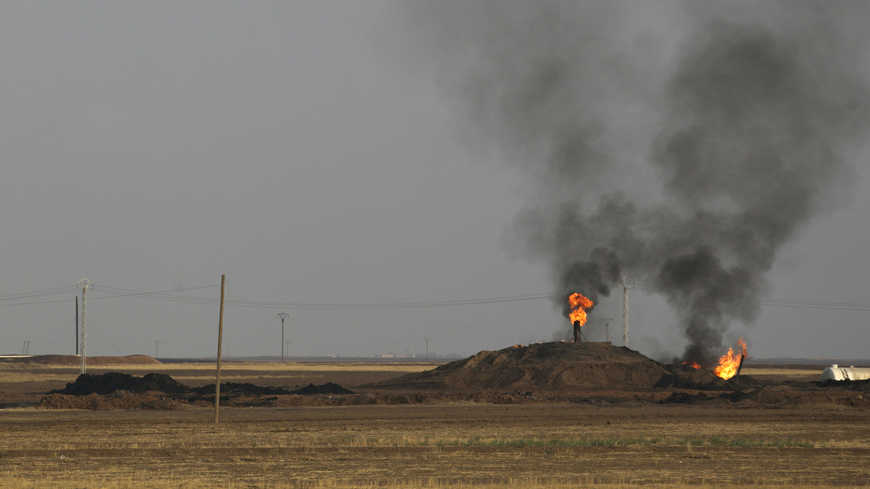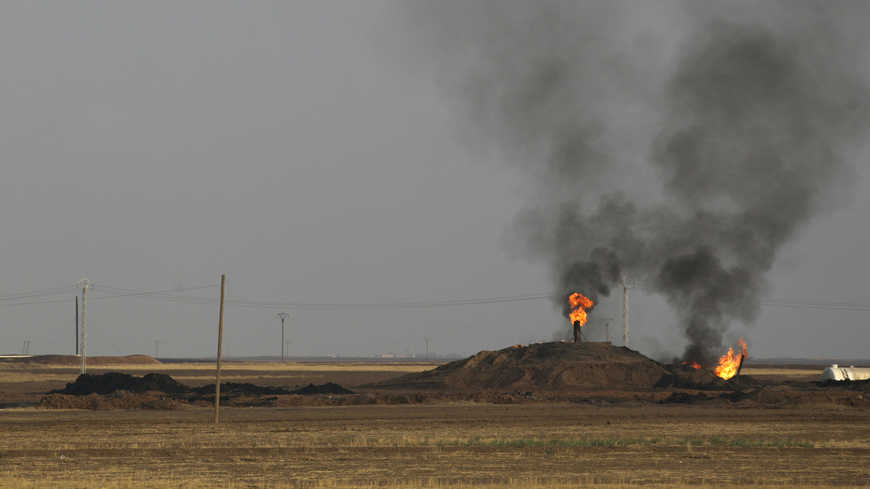Genel Energy has announce an update on activity at the Taq Taq field (Genel 44% working interest), as testing of the TT-34 well is nearing completion.
The well has produced from all zones tested, at a maximum combined flow rate of over 3,900 bopd with 28/64″ choke. With the inclusion of test production, gross production from the Taq Taq field is currently c.13,650 bopd.
Individual zone testing is now underway, which will determine the long-term production strategy. Genel expects the well to be placed on production around the middle of January with an initial flow rate of 1,500-2,000 bopd.
The rig has moved to drill the TT-35 well, also on the northern flank of the field, which is now preparing to spud.
(Source: Genel)

